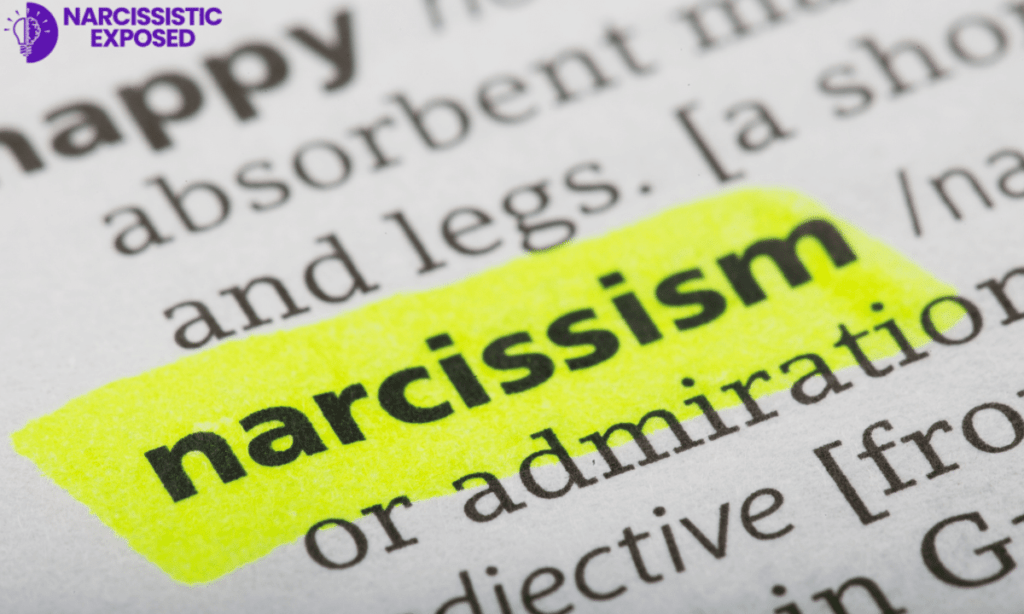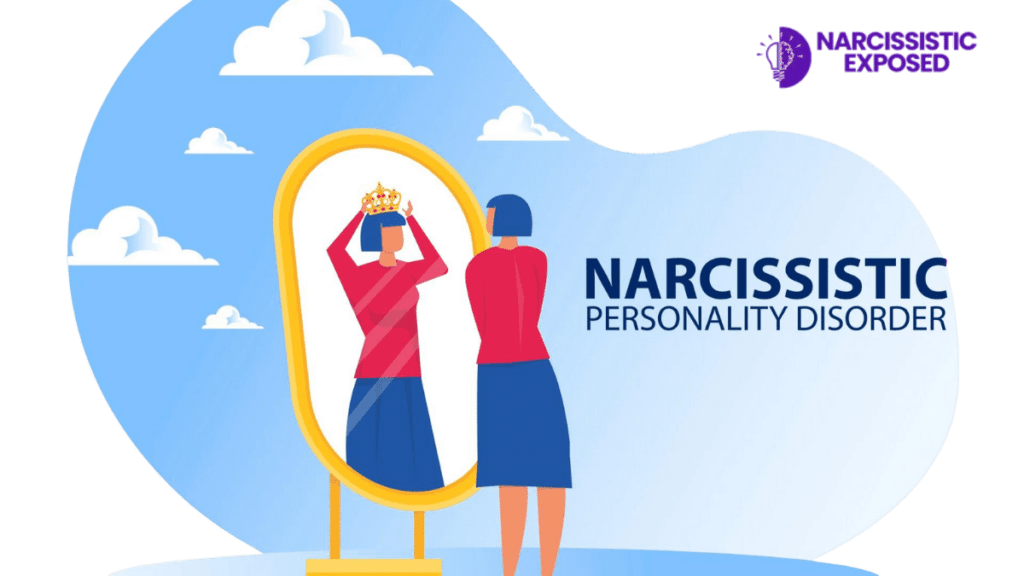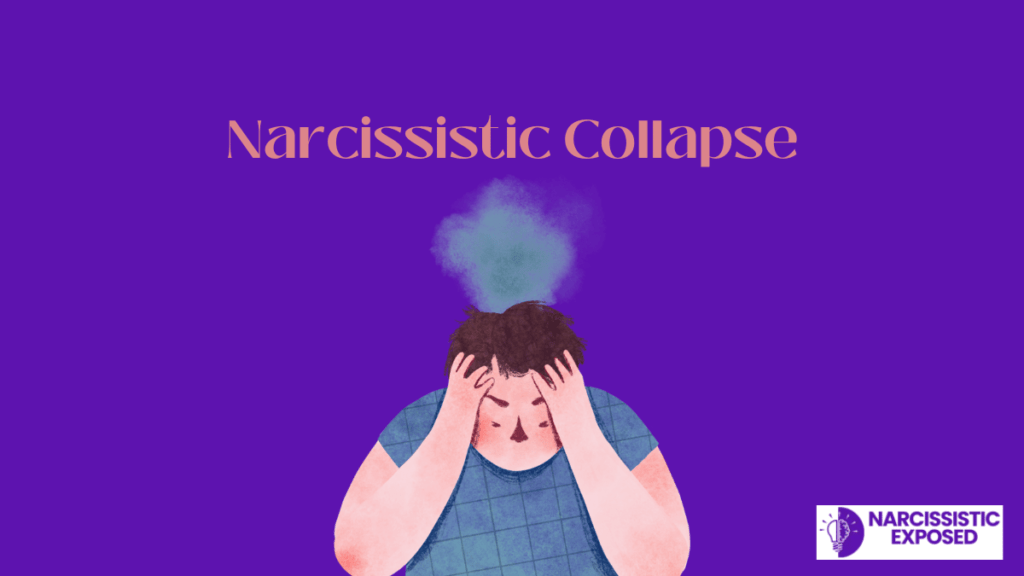
Narcissistic Behavior in Relationships often manifests as a pervasive pattern of self-centeredness, lack of empathy, and an excessive need for admiration. Individuals who exhibit narcissistic behavior in relationships may prioritize their own needs and feelings above those of their partners, leading to a dynamic that is unbalanced and often harmful. These relationships are frequently characterized by manipulation, control, and emotional volatility, where one partner may feel consistently undervalued, ignored, or abused.
The importance of recognizing narcissistic behavior in relationships cannot be overstated. Awareness is the first step towards change and healing. When individuals can identify the signs of narcissistic behavior, they are better equipped to understand the dynamics of their relationship, protect their emotional well-being, and make informed decisions about their future. Recognizing these patterns early can prevent the deep emotional scars often associated with long-term involvement with a narcissistic partner. Furthermore, it enables the affected individual to seek the necessary support and resources to navigate the complex terrain of such relationships. Therefore, this article aims to shed light on examples of narcissistic behavior in relationships, offering insights into their identification and crucial steps for coping and healing.
Table of contents
Examples of Narcissistic Behavior in Relationships
Lack of Empathy
Empathy is the ability to understand and share the feelings of another. In narcissistic relationships, a lack of empathy is often strikingly apparent. Narcissists may struggle to recognize or validate their partner’s feelings, viewing them as irrelevant or overreacting. This absence of empathy leads to a relationship where one partner feels emotionally neglected and misunderstood.
Manipulation and Control
Narcissists frequently use manipulation and control to dominate their relationships. This behavior can include dictating how their partners should act, feel, or think. Manipulation often takes the form of subtle threats, emotional blackmail, or exploiting the partner’s vulnerabilities to maintain control and ensure that the relationship serves the narcissist’s needs above all else.
Gaslighting
Gaslighting, a form of psychological manipulation, is common in narcissistic relationships. It involves the narcissist denying the partner’s reality, questioning their memory of events, or labeling their emotions as irrational. This tactic is designed to sow seeds of doubt, making the partner question their judgment and become more dependent on the narcissist’s version of reality.
Constant Need for Admiration
Narcissists have an insatiable need for admiration and validation from their partners. They often seek constant praise and attention, expecting their partner to prioritize their emotional needs. This need for admiration can be exhausting for the partner, who is required to continually prop up the narcissist’s ego, often at the expense of their own emotional needs.
Jealousy and Possessiveness
Jealousy and possessiveness are common traits in narcissistic relationships. Narcissists may feel threatened by their partner’s independence or relationships with others, leading to controlling behavior. They might demand excessive attention or become overly suspicious, interpreting their partner’s interactions with others as threats to their status or control within the relationship.
Identifying these behaviors is crucial for understanding the dynamics at play in a relationship with a narcissistic individual. Awareness enables the affected partner to seek appropriate support and make empowered decisions regarding their well-being and the nature of their relationship.
Impact of Narcissistic Behavior on Relationships
Emotional Consequences for Partners
The emotional toll of being in a relationship with a narcissistic individual can be profound and pervasive. Partners may experience a range of negative emotions, including low self-esteem, anxiety, depression, and a sense of worthlessness. The continuous need to cater to the narcissist’s demands and the frequent invalidation of their feelings can lead to a diminished sense of self and an inability to trust their own emotions and judgments. Over time, this dynamic can result in chronic stress and emotional exhaustion, profoundly affecting the partner’s mental and emotional well-being.
Long-Term Relationship Dynamics
In the long term, relationships with narcissistic individuals often face significant challenges. The cyclical pattern of idealization and devaluation typical in such relationships can create an unstable and unpredictable environment. Initially, the narcissist may shower their partner with affection and praise, but this can quickly shift to criticism and contempt, leaving the partner confused and disoriented.
The persistent imbalance of power and lack of genuine intimacy can lead to a toxic relationship dynamic, where the non-narcissistic partner may feel trapped, unable to fulfill their own needs and aspirations. Moreover, the narcissist’s manipulative and controlling behaviors can isolate partners from their support networks, making it more difficult for them to seek help or exit the relationship.
In such contexts, the affected individuals may struggle to establish healthy relationship boundaries or recognize the full extent of the narcissistic behavior’s impact. Those in relationships with narcissistic individuals must understand these dynamics and seek professional support to navigate the complexities and work towards healthier interpersonal relationships.
Coping Strategies and Healing
Setting Boundaries
One of the most effective strategies for dealing with narcissistic behavior in a relationship is setting clear and firm boundaries. Boundaries help define what is acceptable and what is not, providing a framework for respectful interaction. For those involved with narcissists, it’s crucial to establish limits on what behaviors they will tolerate and to communicate these boundaries assertively. Consistently enforcing these boundaries can protect individuals from manipulative or abusive behaviors and contribute to a healthier relationship dynamic.
Seeking Support
Navigating a relationship with a narcissist can be isolating and overwhelming, making support from others invaluable. Seeking support can involve talking to trusted friends or family members, joining support groups, or consulting with mental health professionals. These resources can provide emotional comfort, practical advice, and different perspectives on the relationship. Professional therapists, particularly those experienced with narcissistic personality disorder, can offer guidance on coping strategies, improving communication, and making informed decisions about the relationship’s future.
Self-Care and Healing
Self-care is a critical component of coping with the challenges of a narcissistic relationship. It involves maintaining physical, emotional, and mental health, such as exercising regularly, pursuing hobbies, practicing mindfulness or meditation, and ensuring adequate rest. Healing from narcissistic abuse also requires time and patience; individuals should allow themselves to process their emotions, reflect on their experiences, and gradually rebuild their sense of self-worth and independence. Recognizing that healing is a personal and non-linear process can help individuals move forward at their own pace, fostering resilience and empowerment.
In conclusion, coping with narcissistic behavior in a relationship necessitates a multifaceted approach, including setting boundaries, seeking support, and prioritizing self-care and healing. These strategies can empower individuals to manage their interactions with narcissistic partners more effectively and foster personal growth and well-being.
Conclusion
In understanding and addressing narcissistic behavior in relationships, we have explored its various manifestations, from a lack of empathy and manipulative control to gaslighting, constant need for admiration, and jealousy. The impact on partners can be severe, affecting their emotional health and altering the dynamics of long-term relationships.
Key insights emphasize the importance of recognizing these behaviors for what they are—a reflection of the narcissist’s own issues, not the fault or responsibility of their partners. Identifying these traits is the first step in mitigating their harmful effects and moving towards a healthier relational environment.
Proactive steps, such as setting clear boundaries, seeking support from friends, family, or support groups, and engaging in self-care, are crucial for those entangled in the web of narcissistic relationships. Professional guidance, particularly from therapists who specialize in narcissistic behavior, can provide the tools and understanding needed to navigate these complex dynamics effectively.
Encouragement towards taking these steps is vital. It not only aids in personal healing and recovery but also in fostering relationships based on mutual respect and understanding. Remember, seeking help and prioritizing one’s mental health is a sign of strength and the first step towards reclaiming control and building a more fulfilling life, free from the shadows of narcissism.




